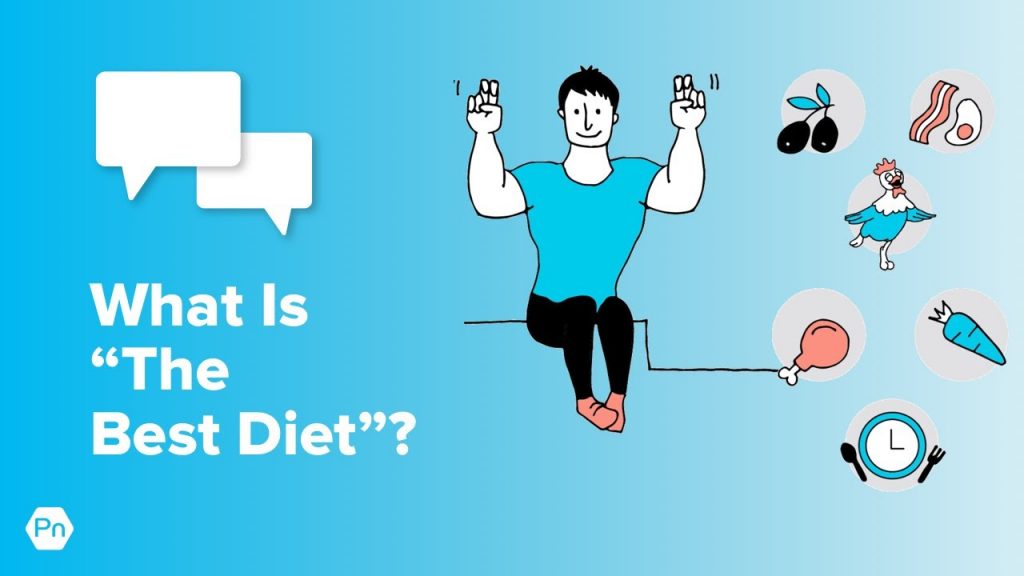25 years in the health and fitness field, a Ph.D. in exercise physiology, and nutrient biochemistry, extensive research — both small and large scale…and yet “What is the best diet?” is still one of the most common questions Dr. John Berardi gets and the entire health and fitness population is asking — and everyone has an opinion.
Here, Dr. John Berardi offers the surprising answer, plus 4 ways to assess if you’ve found the best diet for YOU (or your clients).
Is it paleo, keto, vegan? Wouldn’t we all like to know the exact perfect foods to eat?
It’s complicated…but also simple. Despite what you may have heard from the paleo, vegan, intermittent fasting, Mediterranean, ketogenic or local organic
free-range-only camps, there’s actually no such thing as one universal best diet.
There are 3 reasons for this:
1. People are diverse: People are different in terms of their body types, goals and limitations, eating experiences, taste preferences, budgets, nutrition knowledge, ability to apply that knowledge, schedules, ethnic and cultural backgrounds, activity levels, environments and more.
2. Many diets are effective: You’d never know this if you got stuck at a table with a paleo, vegan, or low-carb lifer – but all three approaches can work. Take a look around the world. Many traditional diets are associated with robust health, despite being very different in terms of composition. If we step back and look at the fundamentals of most popular and traditional diets, you’ll notice that they actually all have a lot in common. Likely, it’s these commonalities that make the impact, not the differences. Firstly, they all raise nutrition awareness and attention – thinking more about what you eat, leads to better choices because when you care about something you’re more likely to pay attention to it. In addition, they ALL focus on food-quality, recommending whole, minimally processed, nutrient-rich foods, which may be the most important nutrition interventions of all.
3. Habits beat food rules always, At PN instead of giving out meal plans or enforcing strict diet rules, we teach long-term nutrition habits. Because in real life, with real people food rules are too restrictive to manage sanely and sustainably. Habits are more flexible and build skills that work in the context of all kinds of different life stages, schedules, budgets, body types and food preferences.
Instead of trying to find that single, elusive, “perfect” diet, try this instead. ⠀
To learn more about Precision Nutrition Personal Coaching for men and women here: https://bit.ly/36Km3mX
And learn about becoming a Precision Nutrition certified coach here: https://bit.ly/2Umdg4G

